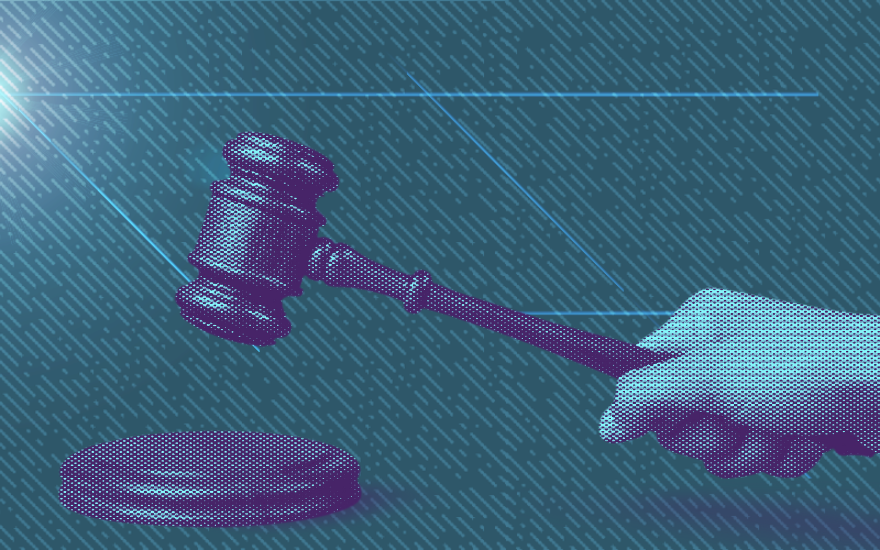The Maine Supreme Court ruled against an agency that withheld public records from the Human Rights Defense Center.
The court upheld a decision from a lower court, which found the Maine County Commissioners’ Association Self-Funded Risk Management Pool acted in a “deceptive and abusive” manner. The lower court ordered the agency to pay the nonprofit’s legal fees and release the documents.
The Human Rights Defense Center had requested information about a settlement payment that the state issued to a man who alleged he was assaulted by officers at the Kennebec County Jail while awaiting trial. An article about the incident published by the Portland Press Herald indicated the payment totaled $30,000.
The nonprofit requested a copy of the documents showing the payment from Kennebec County under Maine’s Freedom of Access Act in 2021. The county, in turn, sent the organization documents that indicated the agreement was only for “One Dollar and Other Good and Valuable Consideration.” The organization filed a lawsuit in July of 2021 and, at a subsequent hearing, a risk pool official testified that “documents showing how much money was paid” to the inmate were never requested, reports Bangor Daily News.
The state’s Supreme Court found the risk pool “deliberately withheld access to documents in its possession that clearly were responsive to the request and should have been disclosed,” per AP News.
“Instead of facilitating HRDC’s access to the responsive material in the Risk Pool’s possession, the Risk Pool did the very opposite, while pretending to facilitate: it mischaracterized HRDC’s FOAA request as being different and narrower than it was, ignored HRDC’s efforts to correct the mischaracterization,” wrote Justice Andrew Horton on behalf of the court. “As we learned at oral argument, although the court ordered the Risk Pool to provide HRDC with the responsive documents, it still has not done so because it continues to maintain that they were not requested.”
The American Civil Liberties Union, which represents the Human Rights Defense Center, celebrated the Supreme Court’s decision. The ACLU said the ruling “marks the first time the Maine Supreme Judicial Court has found that a government entity acted in bad faith when it denied records requested under Maine’s Freedom of Access Act.”
“The documents in this case are public, and there is a strong public interest in understanding the use of taxpayer dollars and settlements stemming from allegations of misconduct in Maine jails,” said Anahita Sotoohi, a legal fellow with the ACLU of Maine, in an Aug. 22 press release. “These documents should have been released in 2021 when they were requested.”
“Maine’s Freedom of Access Act has been the law since 1959, but this is the first time that bad faith has been found in a FOAA case and that attorney fees have been awarded,” continued Sotoohi. “Establishing this standard is a significant victory for transparency and the ability of Maine’s people to hold the government accountable."

